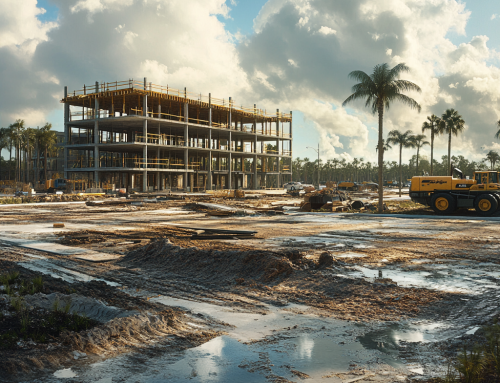In order to secure repayment of a debt, a lien is placed on property. Liens are typically imposed to obtain payment of attorney’s fees, court judgements, taxes, and monies owed for construction or renovation projects (known as mechanics liens). Liens are typically imposed for the purpose of collecting attorney’s fees, court judgements, taxes, and other costs. In most cases, state laws govern the placement and enforcement of liens.
There is no guarantee that a debt will be paid immediately or completely by imposing a lien on the property. Instead, a lien is a guarantee that if the property is sold or refinanced, a creditor will receive a portion of the proceeds. A lien, however, will never result in payment if the property was never sold or refinanced.
In spite of the fact that property is sold or refinanced, no payment is guaranteed. In order to obtain status as a priority creditor, lien-holders may wish to “perfect” their lien if they wish to satisfy the remaining lien-holders. As a priority creditor, a lien-holder may wish to perfect his or her lien. This lien is paid before third party creditors’ liens. The perfection of the lien is usually accomplished through giving notice to third party creditors. It is governed by state law.
There are many types of operators operating in the construction industry, and collecting construction debt can be difficult. It is a highly complex and populated field of business. In many cases, contractors, material suppliers, and partners fail to honor their agreements, and even when builders liens and bonds do exist, enforcement can prove challenging.
There is a great chance that you can recover your money from a debt collection agency if you missed the deadline to file your construction lien. It is critical that you assign that debt to a good collection agency as soon as possible. We can help you with that.
Construction Credit and Finance Group works with Lienguard, LLC to help with construction debt collection after a lien has been filed and or is satisfied.




